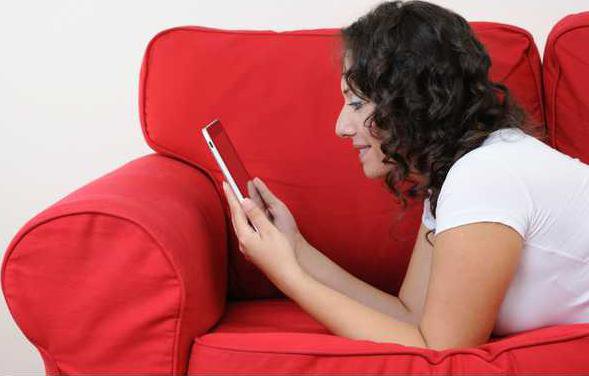BOSTON — Whether it's a smartphone, a tablet or a laptop, reading on a screen before bedtime can impair health, a new study shows.
After comparing the biological effects of reading a physical book and reading an LE-eBook, researchers at Brigham and Women’s Hospital found that using a light-emitting electronic device before going to bed can be detrimental to overall health, according to a news release.
These devices can affect both alertness during the day and the circadian clock, which “synchronizes the daily rhythm of sleep to external environmental time cues,” according to a news release.
“Participants reading an LE-eBook took longer to fall asleep and had reduced evening sleepiness, reduced melatonin secretion, later timing of their circadian clock and reduced next-morning alertness than when reading a printed book,” Brigham and Women’s Hospital researcher Anne-Marie Chang said in a prepared statement.
The body’s natural circadian rhythms had been interrupted by the “blue light,” or short-wavelength enriched light, emitted from the electronic devices, Chang said.
The two-week study consisted of 12 participants reading on an iPad for four hours before bed for five consecutive nights.
The participants repeated the procedure with printed books during the second week.
While the participants were reading the iPads, they took longer to fall asleep, were less sleepy in the evening, spent less time in REM sleep and experienced a delay in their circadian rhythm by more than an hour. Additionally, they were more sleepy in the morning after eight hours of sleep.
Although iPads were used in the study, researchers attribute eReaders, laptops, cellphones, LED monitors and other electronic devices to sleep deficiency.
“In the past 50 years, there has been a decline in average sleep duration and quality,” Brigham and Women’s Hospital researcher Charles Czeisler said in a statement. “Since more people are choosing electronic devices for reading, communication and entertainment, particularly children and adolescents who already experience significant sleep loss, epidemiological research evaluating the long-term consequences of these devices on health and safety is urgently needed.”
Researchers also linked sleep deficiency with the increased risk of breast cancer colorectal cancer and breast cancer.
"For those who must use computers or other light-emitting devices in the evening, software or other technology that filters out the blue light may help,” Chang told the Huffington Post in an email.
Reading on iPads before bedtime adversely affects sleep, health, study shows





